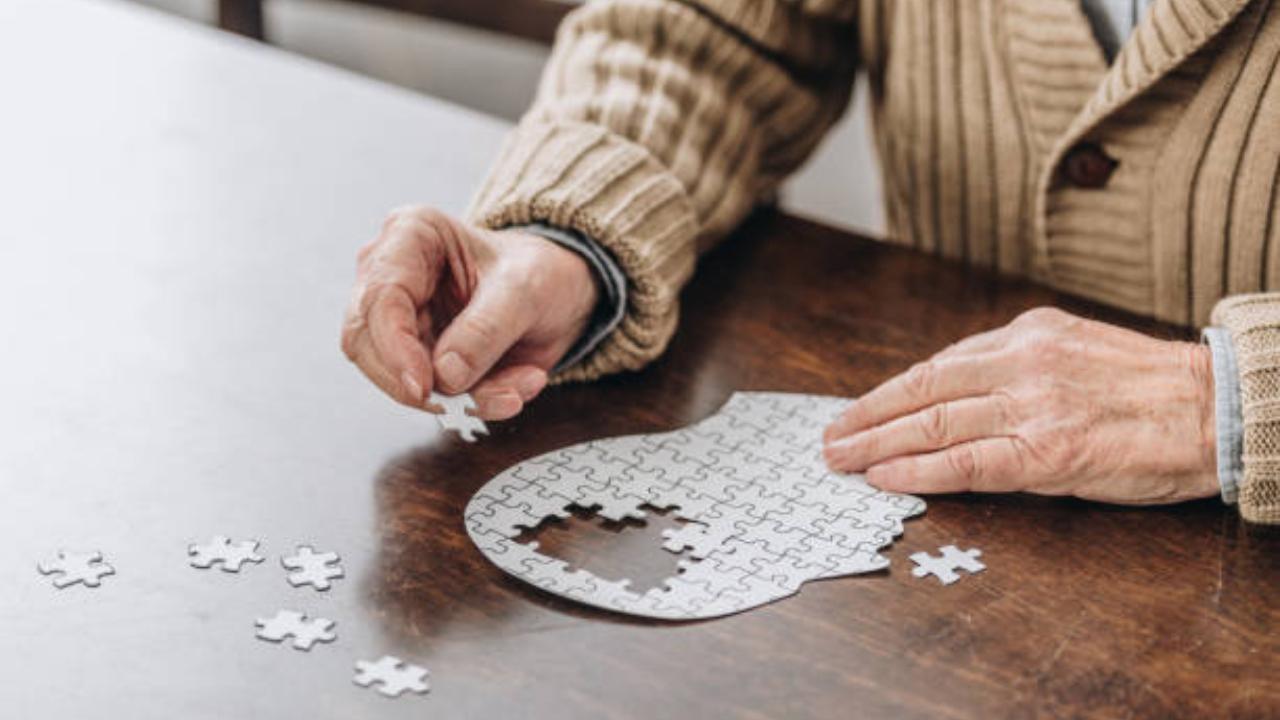While the brain is commonly known to work for and store memories, a new study showed that other parts of the body can also store memory

Image for representational purposes only (Photo Courtesy: iStock)
While the brain is commonly known to work for and store memories, a new study showed that other parts of the body can also store memory. The study, which appears in the journal Nature Communications, may pave a new way for treating memory-related afflictions.
ADVERTISEMENT
Nikolay V. Kukushkin, lead author from the New York University in the US stated that “other cells in the body can learn and form memories, too”
The researchers found that similar to brain cells, the non-brain cells also turn on a "memory gene" -- in response to new information.
Brain cells turn on the "memory gene" -- when they detect a pattern in the information and restructure their connections to form memories.
Further, to monitor the memory and learning process in the non-brain cells, the team engineered these to make a glowing protein -- which signalled whether the memory gene was on or off.
The experiment revealed that the non-brain cells could determine when the chemical pulses, which imitated bursts of neurotransmitters in the brain, were repeated. The team found that the process is rather similar to the brain when neurons register new learning. It was also found more efficient, just as neurons in our brain can register when we learn with breaks rather than cramming all the material in one sitting.
When the pulses were delivered in spaced-out intervals, they turned on the "memory gene" more strongly, and for a longer time, than when the same treatment was delivered all at once, the team said.
Kukushkin said the study revealed, “that the ability to learn from spaced repetition isn't unique to brain cells”. It “might be a fundamental property of all cells," the researcher said.
Besides offering new ways to study memory, the study also suggests treating “our body more like the brain” for better health.
Also Read: ‘Hidden’ form of leprosy can silently affect brain, spinal cord: AIIMS Bhubaneswar study
This story has been sourced from a third party syndicated feed, agencies. Mid-day accepts no responsibility or liability for its dependability, trustworthiness, reliability and data of the text. Mid-day management/mid-day.com reserves the sole right to alter, delete or remove (without notice) the content in its absolute discretion for any reason whatsoever
 Subscribe today by clicking the link and stay updated with the latest news!" Click here!
Subscribe today by clicking the link and stay updated with the latest news!" Click here!







